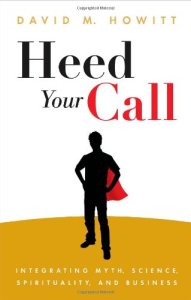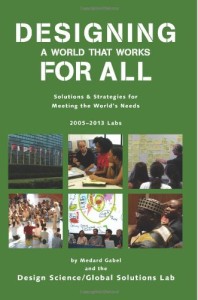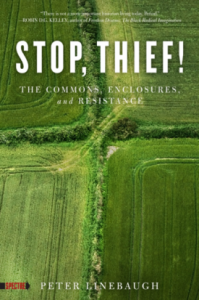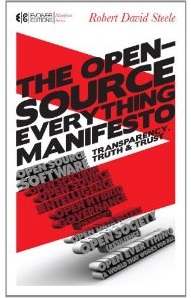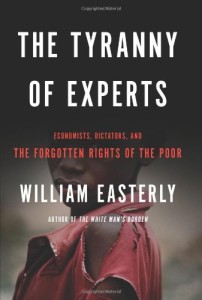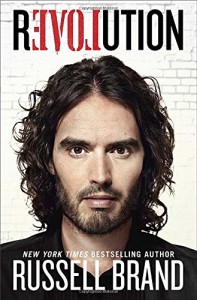
Russell Brand
5.0 out of 5 stars Brilliant, Intricate, Non-Violent, and Optimistic, November 4, 2014
In relation to the 2,000 plus non-fiction books I have reviewed here at Amazon, this book is brilliant. Normally I would consider giving it four stars for lacking an index and endnotes, obviously needed for the poorly educated morons that cannot grasp the many (many) direct references to top authors and thinkers. For crying out loud, Thomas Piketty, author of Capital in the Twenty-First Century is received by the author in his home and cited in this book, as are so many others. So a solid five stars for impact and self-made erudition.
Let me state very clearly that the publisher has sodomized this author by not including an index, a bibliography, or endnotes. As the top Amazon reviewer for non-fiction, reviewing books across 98 distinct non-fiction categories, I am blown away by the clever, poetic, and pointed manner in which the author has integrated a vast (vast) range of reading and personal conversations into this book.


